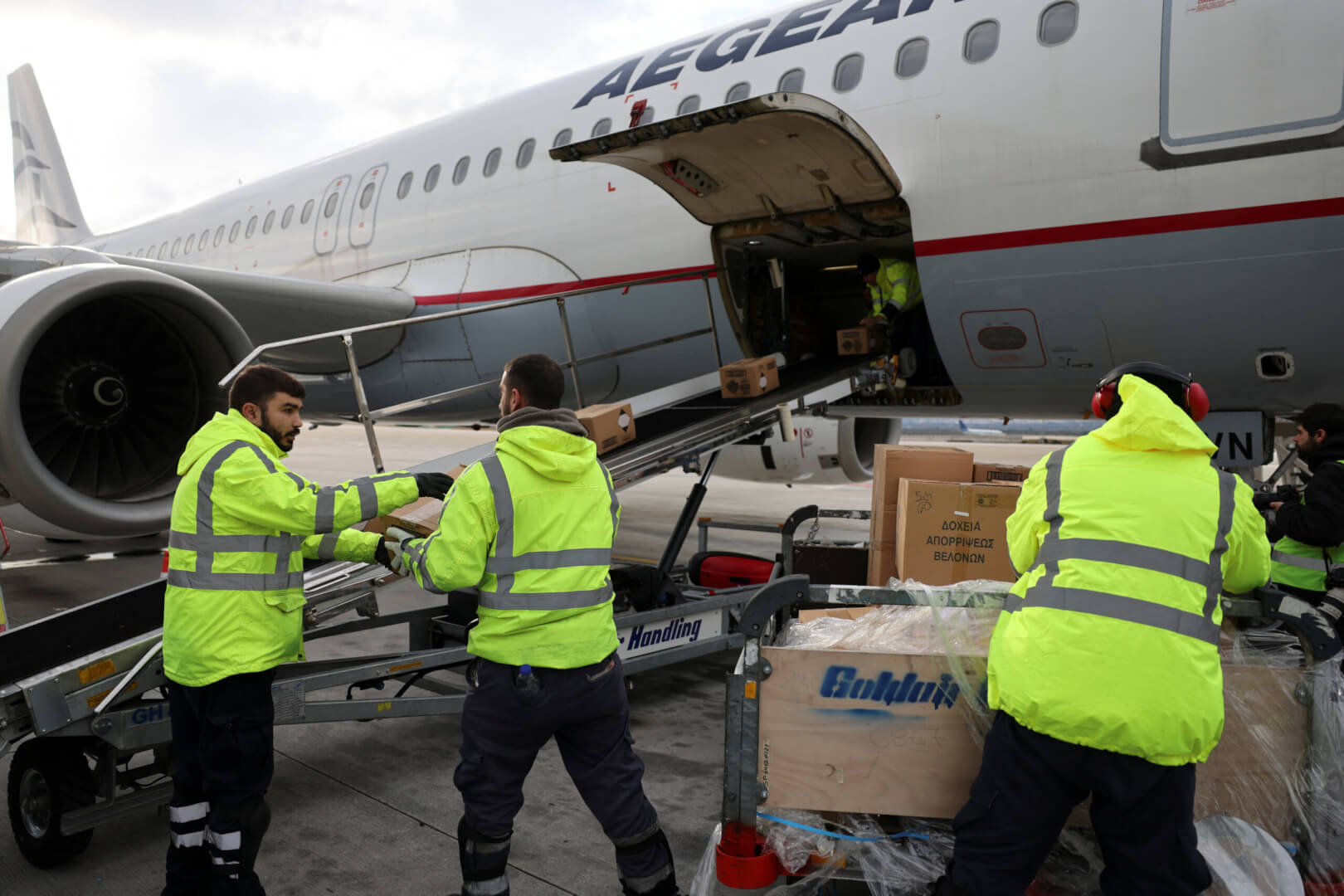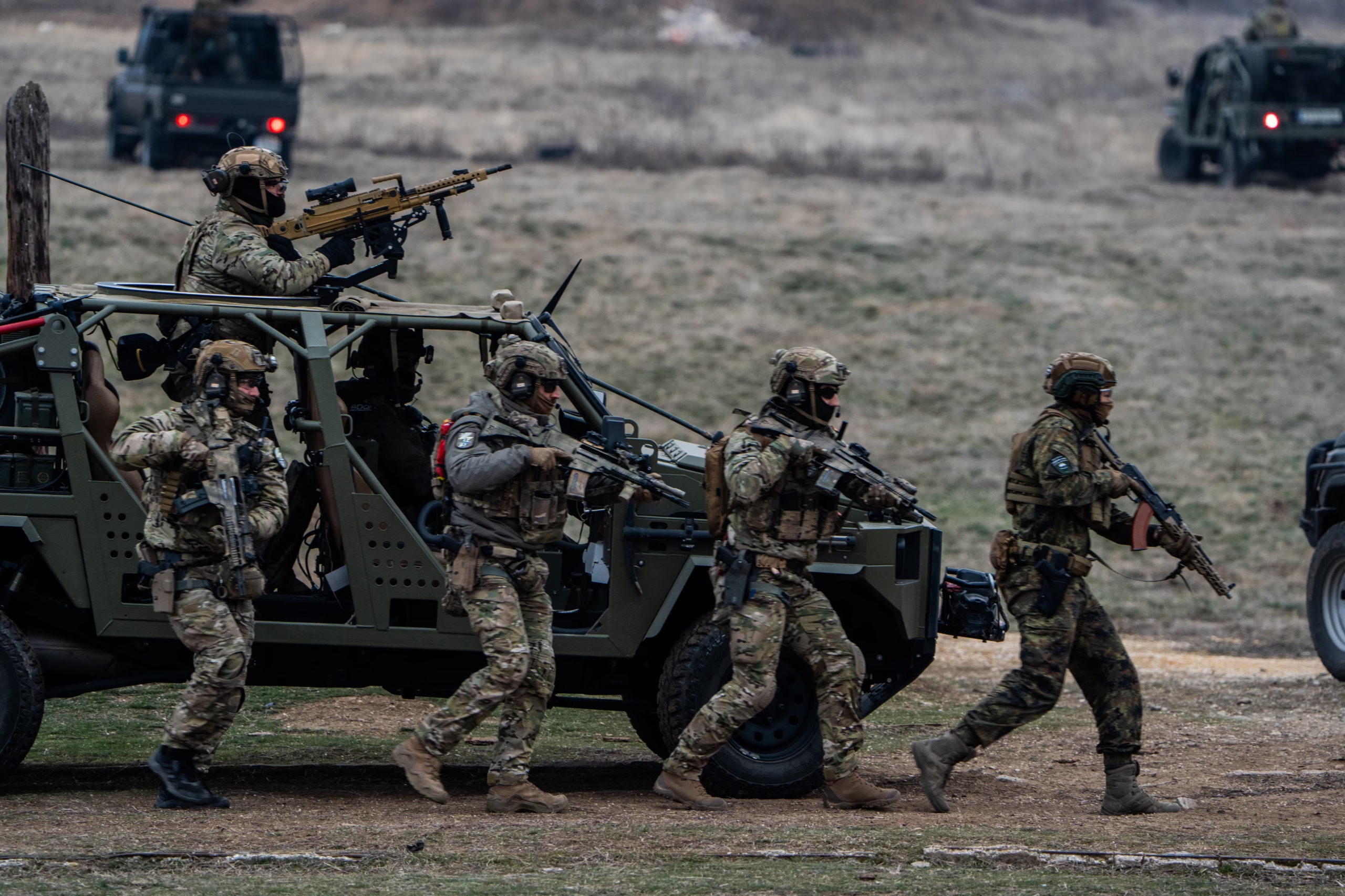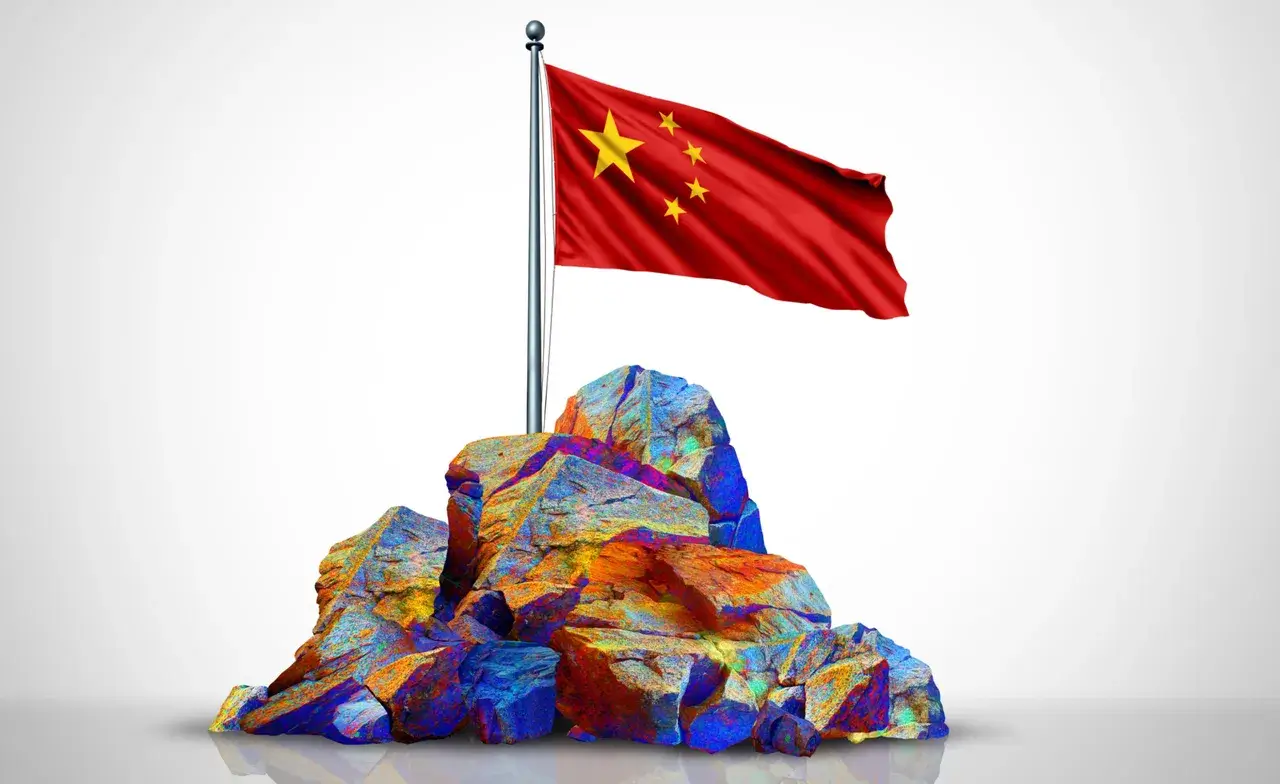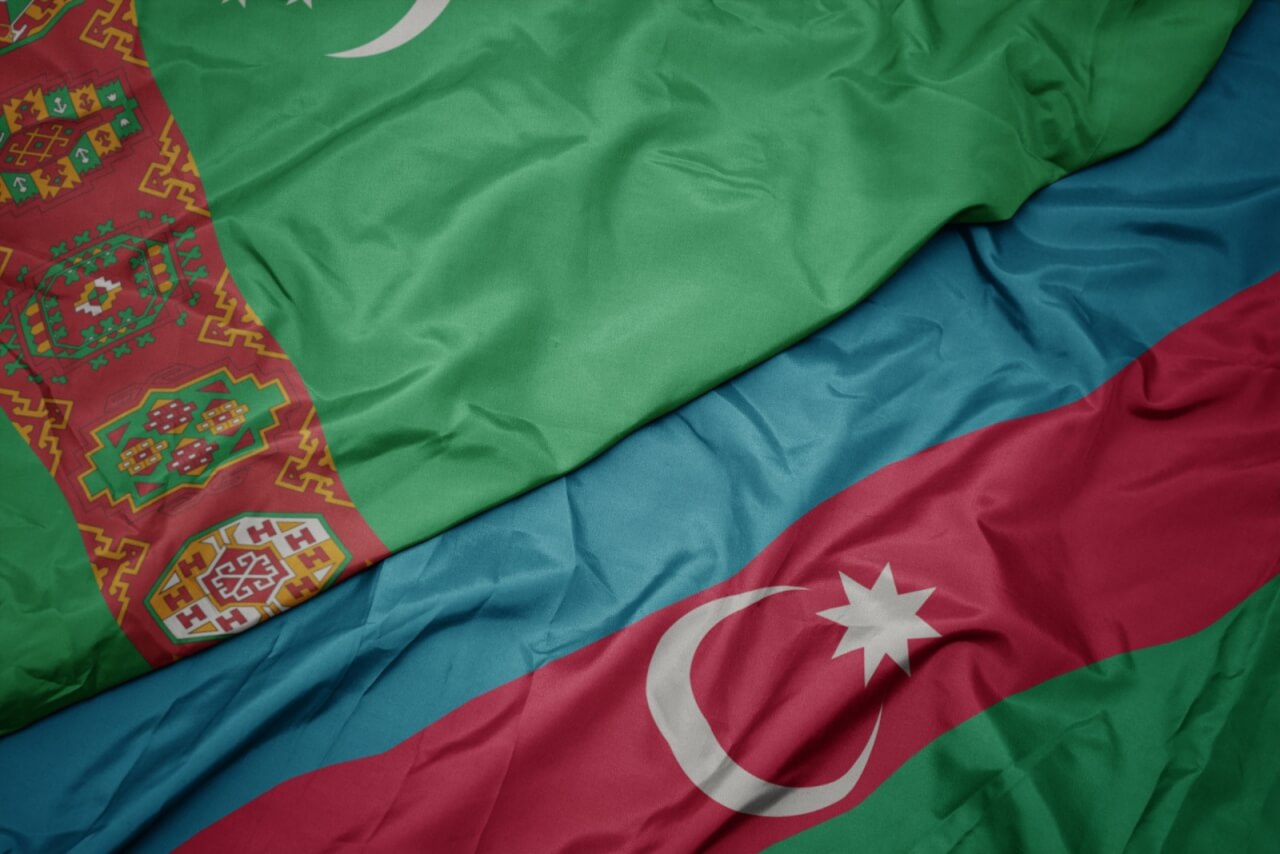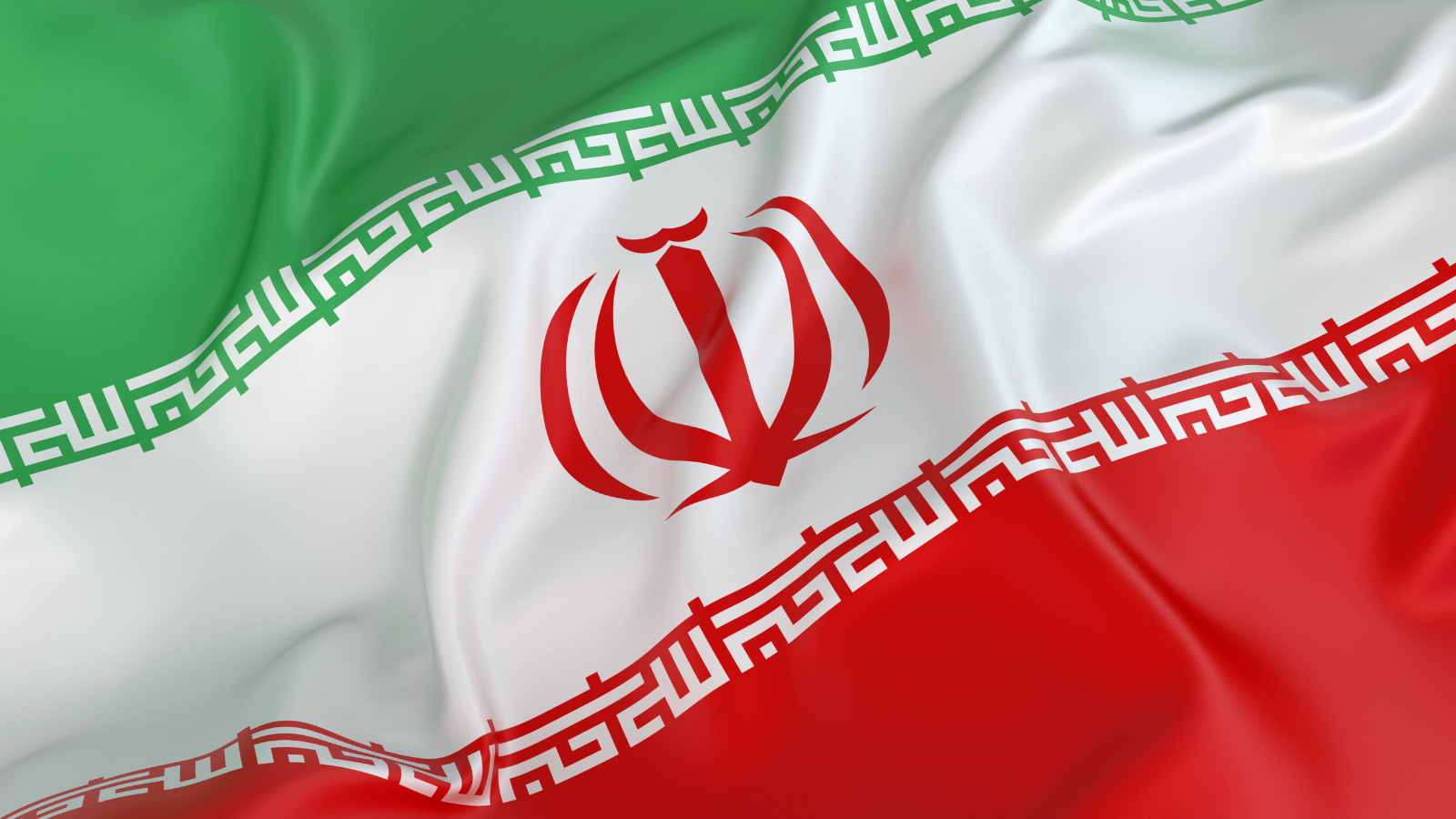Throughout their long history, moments of solidarity and cooperation have been a significant part of bilateral relations between the two countries. Greece and Turkey, through the years, have faced many and multiple controversial disagreements, but in the end, in broader issues, both countries show their real face and character.
The use of this definition has come after the events of 1999 when devastating earthquakes happened both in Turkey and Greece, and that has led to the rise of mutual rescue efforts and a sudden warming of diplomatic ties. Fast forward to 2023, and history has repeated itself, as Greece was among the first to extend a helping hand after the catastrophic earthquakes in Turkey’s Hatay and Gaziantep.
On the other hand, while these moments of compassion and goodwill are undeniably powerful, the key question remains: can earthquake diplomacy truly pave the way for actual results and policies in Greek-Turkish relations, or is it a temporary solution for both?
The memories are very fresh, and the term “earthquake diplomacy” refers to the two big earthquakes of 1999. In August of that year, a 7.6-magnitude earthquake struck the Turkish city of İzmit, killing over 17,000 people. Greece responded immediately, sending rescue teams, medical aid, and expressing public solidarity. Just a few weeks later, Greece itself was hit by a deadly quake in Athens, and Turkey instantly responded and sent similar humanitarian support.
Speaking of which, the meaning of these gestures underscores the transformation of the relationship between the two countries, which had, for decades, been defined by rivalry over territorial disputes in the Aegean, Cyprus, and the militarization of the Dodecanese islands. The key point to note is that without disputes on the table, the 1999 earthquake diplomacy helped create an atmosphere of trust, paving the way for dialogue and a series of bilateral agreements in the early 2000s.
Coming to one of the most serious events, in February 2023, southern Turkey experienced a massive earthquake that claimed the lives of over 50,000 people and left millions homeless. Once again, Greece was among the first countries to respond. Within hours, Greek search and rescue teams were on the ground in Turkey, pulling survivors from the ruins. The Greek government instantly sent humanitarian aid convoys and medical assistance, while Prime Minister Kyriakos Mitsotakis and Foreign Minister Nikos Dendias publicly expressed unwavering solidarity.
Both ministers at this point were willing to promote the collaboration, which was very important. Turkey faced at that point huge damage, and time was the only antidote to the thousands of people who lost families, friends, and homes.
As a result, the central question is whether these gestures can be translated into long-term diplomatic progress. The past year has seen a slight thaw in bilateral rhetoric, with both sides toning down their rhetoric initiated by both Recep Tayyip Erdogan and Kyriakos Mitsotakis. The way is by the Confidence-building measures (CBMs) where there has been a noticeable decline in military provocations in the Aegean Sea.
However, these steps, while encouraging, do not address the important disputes that have long concerned the Greek-Turkish relations. Issues such as maritime boundaries in the Aegean and Eastern Mediterranean, the Cyprus problem, and airspace violations remain unresolved. Both governments face strong domestic pressures in parallel with conservative audiences that can limit their willingness to compromise, especially when national sovereignty and identity are at stake.
Of course, the natural disasters can play a role in de-escalation and cooperation, but the next step is needed. They cannot by themselves resolve structural conflicts. Earthquake diplomacy is ultimately a form of “disaster diplomacy”—short-term cooperation driven by humanitarian imperatives, not necessarily by political will to tackle deeper disagreements.
Although this earthquake diplomacy seems as merely symbolic, we should not underestimate its potential. Even if temporary, these moments of solidarity help humanize the “other” in each country’s national narrative. They soften the rhetoric that often dominates media discourse and political debate. In an era of geopolitical uncertainty and shifting alliances, these brief periods of empathy can also provide diplomatic breathing room for opportunities to restart dialogue or establish mechanisms to manage disputes more effectively.
For Greece and Turkey, the challenge is to seize this moment and build upon it. Confidence-building measures could be expanded, including military-to-military communication channels to prevent accidental clashes. The same feeling was one month ago with Istanbul’s 6.2-magnitude earthquake. There are many aftershocks both in Greece and Turkey, and citizens are frightened by the idea of bigger damage in Istanbul, which is expected at some point. The goal is to get out of these situations for the governments to set actual goals, starting from low politics and going to the hardest math.
To conclude, the aftermath of the 2023 earthquake diplomacy and Istanbul’s big earthquake has once again shown that shared tragedy can be a tool to solve broader issues. In parallel with the predictions of larger earthquakes in the Istanbul region, the need becomes even more pressing. This window of opportunity can be transformed into a lasting foundation for Greek-Turkish cooperation, and the two leaders have proven in recent years. Moreover, history, culture, and neighboring bonds remind us that beneath the layers of historical disputes, there exists a shared humanity that can, at least momentarily, bring Greeks and Turks together.

